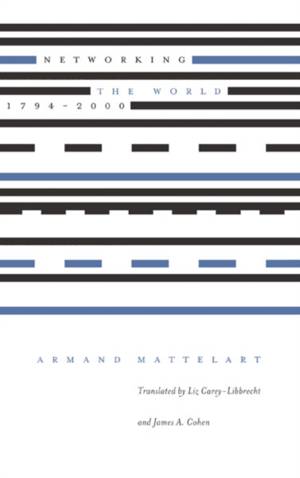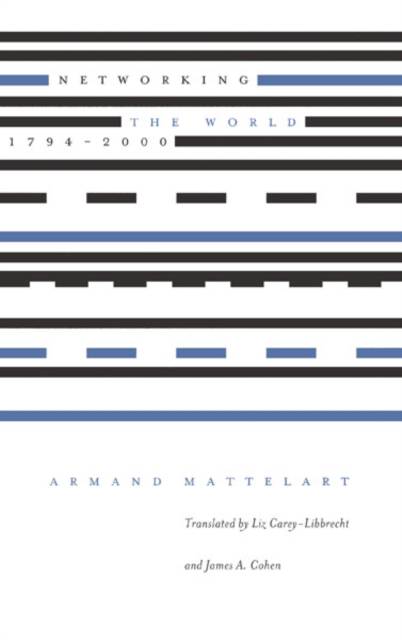
- Afhalen na 1 uur in een winkel met voorraad
- Gratis thuislevering in België vanaf € 30
- Ruim aanbod met 7 miljoen producten
- Afhalen na 1 uur in een winkel met voorraad
- Gratis thuislevering in België vanaf € 30
- Ruim aanbod met 7 miljoen producten
Omschrijving
Mattelart plates contemporary global communication networks into historical context and shows that the networking of the world began much earlier than many assume, in the late eighteenth century. He argues that the internationalization of communication was spawned by such Enlightenment ideals as universalism and liberalism, and examines how the development of global communications has been inextricably linked to the industrial revolution, modern warfare, and the emergence of nationalism. Throughout, Mattelart eloquently argues that discourses of better living through globalization often mask projects of political, economic, and cultural domination.
Specificaties
Betrokkenen
- Auteur(s):
- Uitgeverij:
Inhoud
- Aantal bladzijden:
- 144
- Taal:
- Engels
Eigenschappen
- Productcode (EAN):
- 9780816632879
- Verschijningsdatum:
- 14/01/2000
- Uitvoering:
- Hardcover
- Formaat:
- Genaaid
- Afmetingen:
- 147 mm x 224 mm
- Gewicht:
- 331 g

Alleen bij Standaard Boekhandel
Beoordelingen
We publiceren alleen reviews die voldoen aan de voorwaarden voor reviews. Bekijk onze voorwaarden voor reviews.











